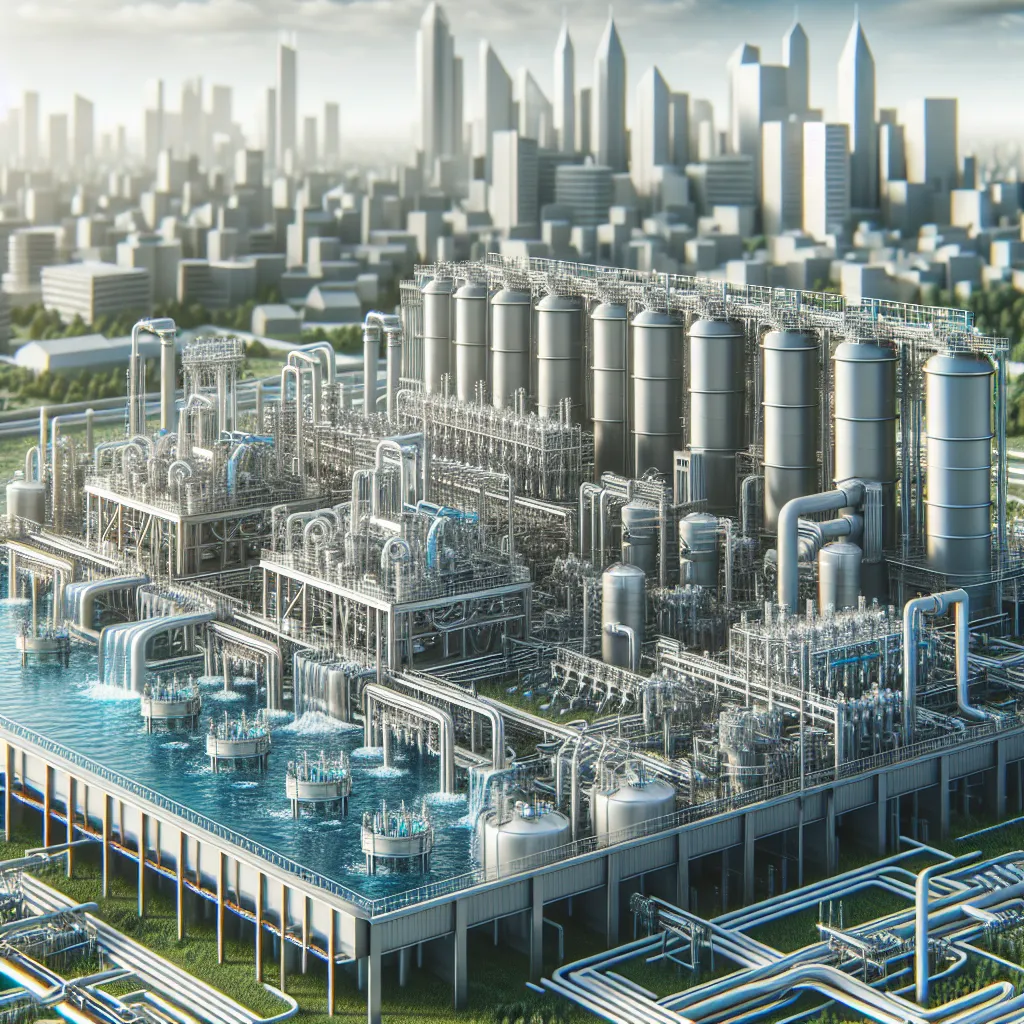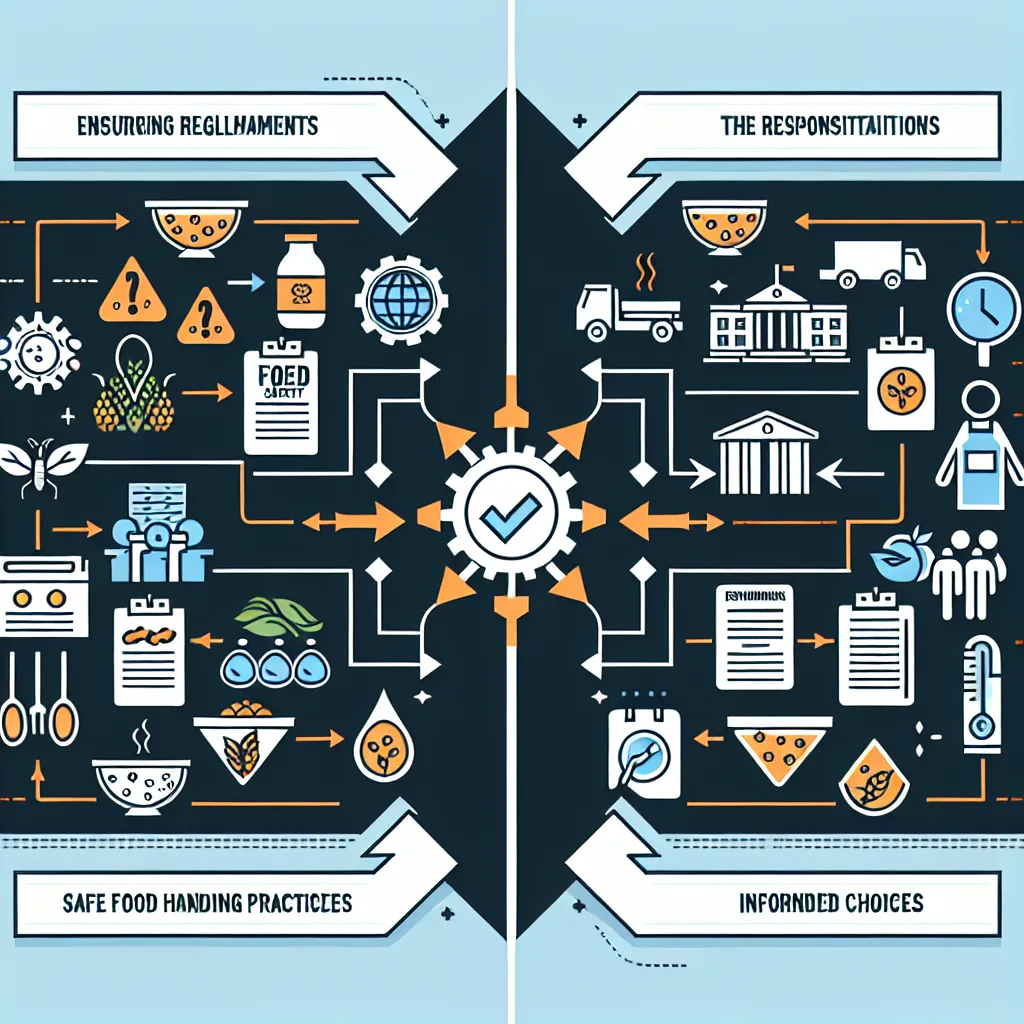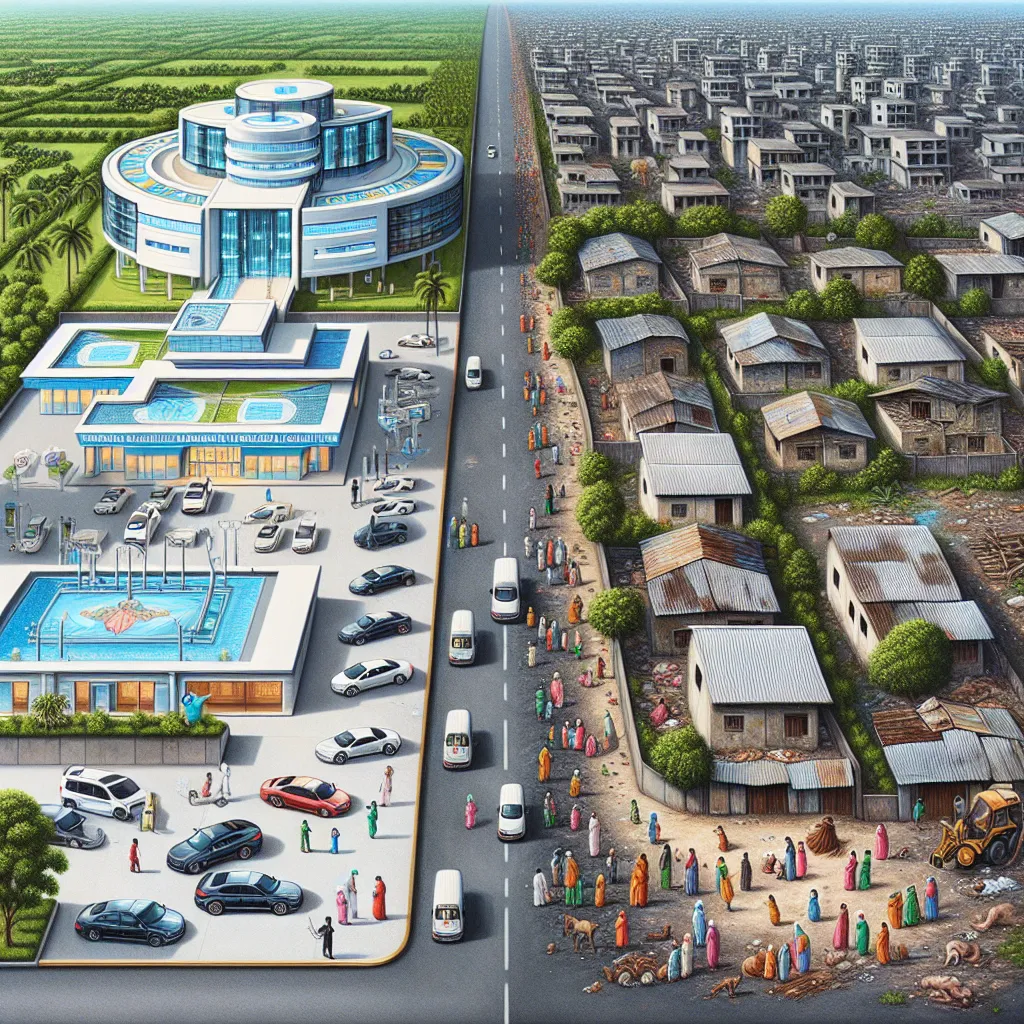Clean water provision is a critical global issue that frequently appears in IELTS Writing Task 2 questions. This topic’s relevance to environmental sustainability, public health, and socio-economic development makes it a popular choice for examiners. Based on past exam trends and current global concerns, we can expect questions related to clean water challenges to continue featuring prominently in future IELTS tests.
Nội dung bài viết
Let’s examine a sample question that closely reflects the type of task you might encounter in your IELTS Writing exam:
Many countries face significant challenges in providing clean water to their populations. What are some of the main challenges in ensuring access to clean water, and what measures can be taken to address these issues?
Analyzing the Question
This question requires a two-part response:
- Identify the main challenges in ensuring access to clean water.
- Propose measures to address these challenges.
The task involves discussing both problems and solutions, demanding a well-structured essay that covers both aspects comprehensively.
Sample Essay (Band 8)
Here’s a high-quality sample essay that would likely score in the Band 8 range:
Access to clean water is a fundamental human right, yet millions worldwide struggle to obtain this basic necessity. This essay will explore the primary challenges in ensuring clean water access and suggest potential solutions to these pressing issues.
One of the main obstacles in providing clean water is water scarcity. Many regions face severe drought conditions or have limited freshwater resources, making it difficult to meet the growing demand for clean water. Additionally, water pollution from industrial discharge, agricultural runoff, and improper waste management contaminates existing water sources, further exacerbating the problem.
Another significant challenge is inadequate infrastructure. In many developing countries, the lack of proper water treatment facilities and distribution systems hampers efforts to deliver clean water to communities. Moreover, financial constraints often prevent governments from investing in necessary water infrastructure projects.
To address these challenges, a multi-faceted approach is required. Firstly, implementing strict regulations on industrial and agricultural practices can help reduce water pollution. Governments should enforce penalties for companies that violate environmental standards and incentivize the adoption of cleaner technologies.
Secondly, investing in water conservation techniques such as rainwater harvesting and efficient irrigation systems can help alleviate water scarcity. Encouraging the use of water-saving devices in households and promoting public awareness about water conservation can also contribute to more sustainable water use.
Furthermore, international cooperation and financial support are crucial in helping developing nations build and maintain adequate water infrastructure. Developed countries and international organizations should provide technical expertise and funding to support clean water initiatives in less affluent regions.
In conclusion, while the challenges of providing clean water are complex, they are not insurmountable. By addressing pollution, improving infrastructure, and promoting conservation, we can work towards ensuring that clean water is accessible to all. It is imperative that governments, organizations, and individuals collaborate to tackle this critical issue for the benefit of current and future generations.
(Word count: 309)
 Clean Water Infrastructure
Clean Water Infrastructure
Sample Essay (Band 6-7)
Here’s a sample essay that would likely score in the Band 6-7 range:
Clean water is very important for everyone, but many countries have problems giving it to their people. This essay will talk about the main problems and some ways to fix them.
One big problem is that there isn’t enough water in some places. Many areas don’t have rain or rivers, so it’s hard to get water. Also, pollution makes the water dirty and unsafe to drink. Factories and farms put bad things in the water, which is dangerous for people.
Another problem is that some countries don’t have good ways to clean and move water. They need pipes and cleaning machines, but these cost a lot of money. Poor countries often can’t pay for these things.
To solve these problems, we can do several things. First, countries should make strong rules to stop pollution. They should punish companies that make water dirty and give rewards to those that keep it clean.
We can also save water by using it carefully. People can collect rainwater and use special machines that don’t waste water. Teaching people about saving water is important too.
Rich countries should help poor countries build better water systems. They can give money and teach them how to clean water properly.
In conclusion, giving clean water to everyone is hard but possible. If we work together to stop pollution, save water, and help poor countries, we can make sure everyone has clean water to drink.
(Word count: 234)
Key Considerations When Writing
Vocabulary
- For Band 8-9: Use sophisticated vocabulary and precise language. Examples: “exacerbating,” “multi-faceted approach,” “incentivize.”
- For Band 6-7: Use a mix of common and some less common vocabulary. Ensure correct usage of more advanced words.
Grammar
- For Band 8-9: Demonstrate a wide range of complex structures used accurately. Vary sentence structures frequently.
- For Band 6-7: Use a mix of simple and complex sentences. Aim for accuracy in basic structures and attempt more complex ones.
Essay Structure
- Both essays should have a clear introduction, body paragraphs addressing both parts of the question, and a conclusion.
- Higher band scores require more sophisticated paragraph and essay cohesion.
Key Vocabulary to Remember
- Water scarcity (noun) /ˈwɔːtə ˈskeəsəti/ – Lack of sufficient available water resources
- Infrastructure (noun) /ˈɪnfrəstrʌktʃə/ – Basic physical and organizational structures needed for operation
- Contaminate (verb) /kənˈtæmɪneɪt/ – Make impure by exposure to or addition of harmful substances
- Conservation (noun) /ˌkɒnsəˈveɪʃn/ – Prevention of wasteful use of a resource
- Sustainable (adjective) /səˈsteɪnəbl/ – Able to be maintained at a certain rate or level
- Incentivize (verb) /ɪnˈsentɪvaɪz/ – Motivate or encourage someone to do something
- Exacerbate (verb) /ɪɡˈzæsəbeɪt/ – Make a problem, bad situation, or negative feeling worse
- Alleviate (verb) /əˈliːvieɪt/ – Make suffering, deficiency, or a problem less severe
In conclusion, mastering essays on clean water challenges requires a deep understanding of the issues involved and the ability to articulate solutions clearly. Practice writing essays on this topic, focusing on structure, vocabulary, and coherent argument development. You might also encounter related topics such as the role of governments in ensuring access to clean water or the significance of clean energy in reducing pollution. To improve your skills, try writing an essay on the sample question provided and share it in the comments section for feedback and discussion.


